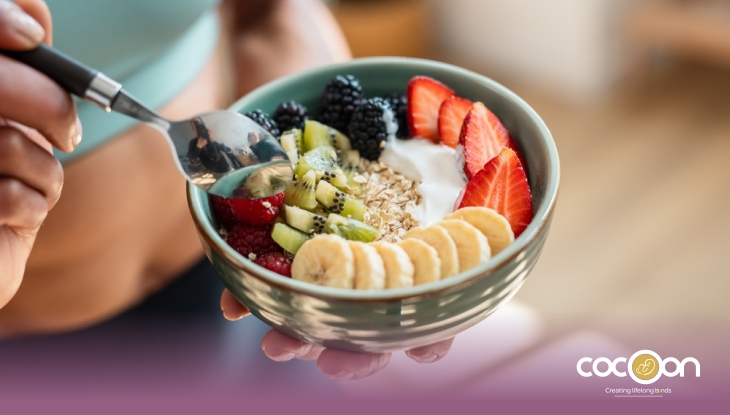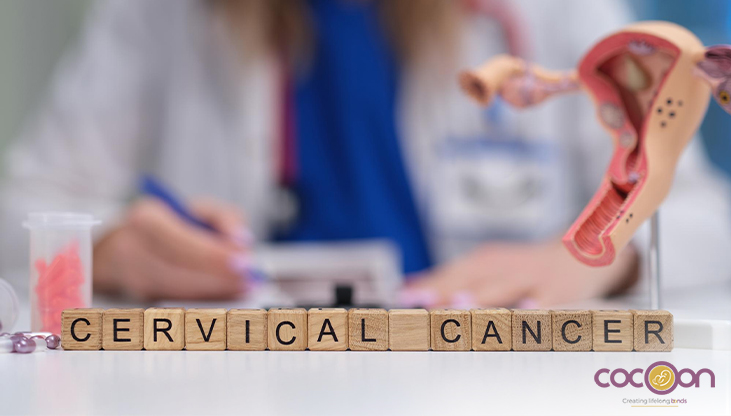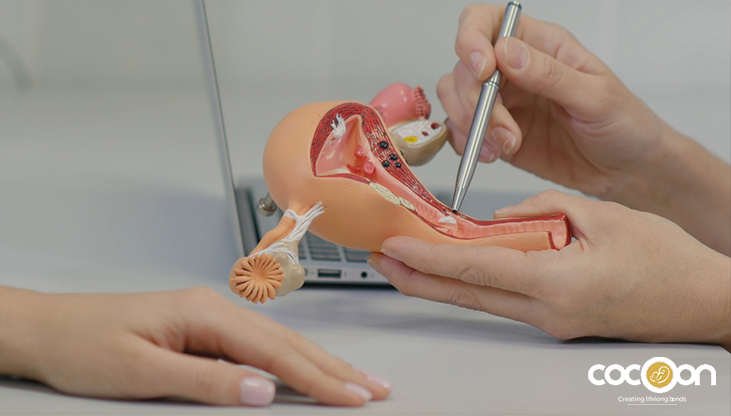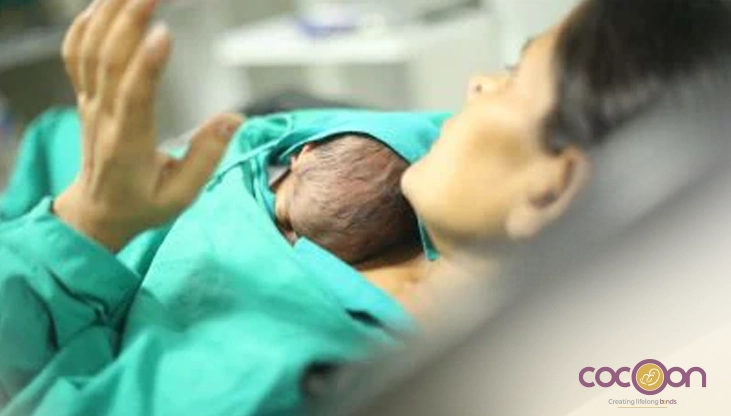Preparing your body in the weeks leading up to a hysterectomy can significantly influence your recovery. The better your nutritional status before the surgery, the more effectively your body will respond afterward, often leading to a shorter recovery time. Similarly, the food you consume post-surgery plays a crucial role in your overall physical well-being and recovery.
For example, a laparoscopic hysterectomy can lead to severe constipation, prompting your gynecologist to adjust your diet and recommend increased fiber intake to alleviate this issue.
Small dietary changes can have a big impact on your healing process. Therefore, it’s essential to understand what to eat before and after a total laparoscopic hysterectomy.
What Should You Eat Before a Laparoscopic Hysterectomy?
If you’re preparing for a laparoscopic hysterectomy, running a marathon is likely the last thing on your mind. However, undergoing surgery is quite similar to running a marathon in terms of the demands it places on your body. Some may assume that laparoscopic procedures come without complications, but while they are generally less invasive than traditional surgery, your body still experiences stress from the operation.
This surgical stress can lead to inflammation, weight and muscle loss, improper wound healing, and infections. Research has shown that preparing your body in the weeks leading up to surgery can help mitigate these risks.
For this reason, the best women's care hospitals in Jaipur are now implementing nutritional guidelines prior to surgery to promote a faster recovery.
Carb Loading before Hysterectomy
Just like you require preparation before a marathon, you also require to prep your body up before a surgery. Since your body loses more glycogen stored in your muscles for energy, you require excess carbohydrates to aid in surgery. Hence, leveling up your carbohydrate intake before the surgery can help in minimizing:
1. Hunger, thirst, and anxiety before surgery.
2. Nausea, vomiting, pain, and even your length of stay.
3. Short-term insulin resistance.
In addition to this, the best gynaecologist for hysterectomy also recommends consuming immunity-enhancing ingredients including omega-3 fatty acids before the surgery as these help in recovery.
What Should You Eat After a Laparoscopic Hysterectomy?
Consuming proper nutrition after the surgery can speed up your recovery process.
However, before making any changes in your diet, make sure that you consult surgeon.
The common dietary modifications after a laparoscopic hysterectomy include:
1. Fibre
Constipation is a common side effect of hysterectomy treatment. To promote regular bowel movements and enhance overall gut health after surgery, it's important to consume high-fiber foods. Increasing your intake of fruits, vegetables, whole grains, legumes, and seeds can help facilitate easier bowel movements and meet your fiber needs.
2. Protein and Fat
After a hysterectomy, your body needs strength and energy to recover. Protein and healthy fats are essential for regaining lost vitality. Focus on incorporating "good fats" into your diet while avoiding trans- and saturated fats found in butter and fried foods. Instead, consider including dairy products, nuts, eggs, olives, and healthy oils like flaxseed oil, along with legumes, fish, and lean meats.
3. Calcium
Calcium is essential for optimal bone health, which plays a significant role in your recovery. Be sure to include calcium-rich foods in your diet, such as yogurt, broccoli, legumes, and cheese.
4. Phytoestrogens
If your ovaries are removed during the hysterectomy, you may experience surgical menopause due to a decrease in estrogen. This can lead to symptoms similar to natural menopause, including hot flashes, vaginal dryness, and night sweats. To help alleviate these symptoms, consider incorporating foods rich in phytoestrogens, such as strawberries, dried fruits, soy products, seeds, and peanuts.
5. Fluids
Staying well-hydrated after a hysterectomy is crucial. Be sure to include plenty of fluids in your diet, such as water, fresh fruit juices, and herbal teas. Adequate fluid intake helps your body flush out waste and prevents constipation.
Your recovery following a hysterectomy is greatly influenced by your diet. The foods you eat before and after the procedure can affect your healing process. For example, consuming saturated fats may slow the healing of your incisions. Therefore, it’s important to consult your gynaecologist to discuss your dietary needs for a smoother recovery and to minimize complications.

















